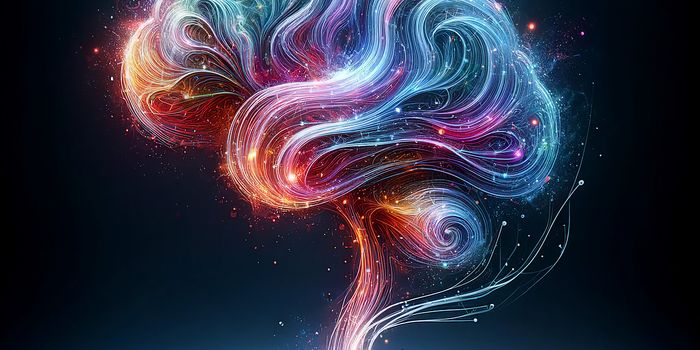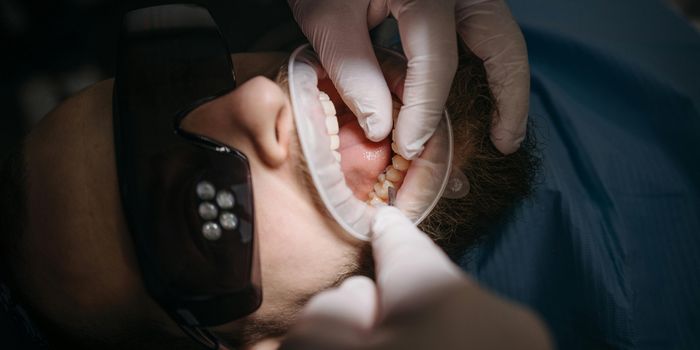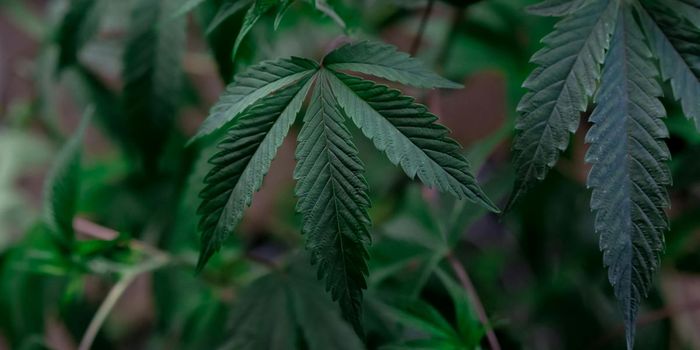I'm Not a Lazy "Stoner" - Challenging Cannabis Stereotypes
During the holidays, we discussed some tips for how to talk to your loved ones about medical cannabis – how did that go? We’re guessing that some of you may have had some difficult conversations and that some of you may have opted out of that conversation altogether. We understand – the stigma surrounding cannabis is still alive and well, sadly. But, fortunately, science is always in your corner.
A study published in the journal Substance Use & Misuse put one cannabis-associated myth to the test -- are people who use cannabis lazy and unproductive?
Researchers evaluated a group of 79 adolescents (ages 14-18 years) who used cannabis recreationally (“regular” or “light” users). Motivation was measured using the Apathy Evaluation Scale and Motivation and Engagement Scale. After taking multiple variables into consideration, they found no association between any type of cannabis use and levels of motivation.
So that’s good news, right? Well, yes, in the context of this study. But other studies have revealed additional potential effects of cannabis on aspects of motivation. A study published in 2014 found that chronic cannabis use is associated with reduced synthesis of dopamine – an important chemical messenger that assigns value to rewards. This could suggest that, over time, cannabis users may feel less happy about things they used to like and may feel “meh” overall – unfortunately, a part of the “stoner” stereotype.
It’s important to note that the results in both studies were based on a very small group of people. But let’s turn our attention back to the stereotype this research is exploring.
How did this stereotype even come to be? There are many different effects of cannabis on the brain and body but it’s most common effects are likely the origin of the stereotype – relaxed, laid back, carefree, “spaced out.” And, of course, the infamous war on drugs, of which cannabis is included, did not help much. With the release of Reefer Madness in 1936 to modern politicians saying that “good” people do not use cannabis, it’s no surprise that there is still work to be done in undoing these negative perceptions.
Because these stereotypes may hold back patients from seeking information about medical cannabis from their doctors – despite the fact that its use is legal in a majority of states in the US.
With the continued push toward greater access and the increased number of human trials underway evaluating the safety and efficacy of cannabis for a variety of conditions, the stereotypes will likely crumble and lead way to greater acceptance.








